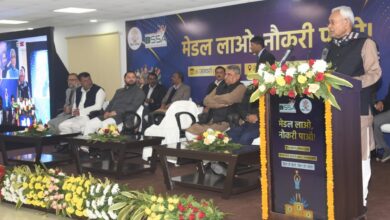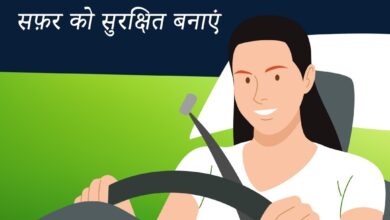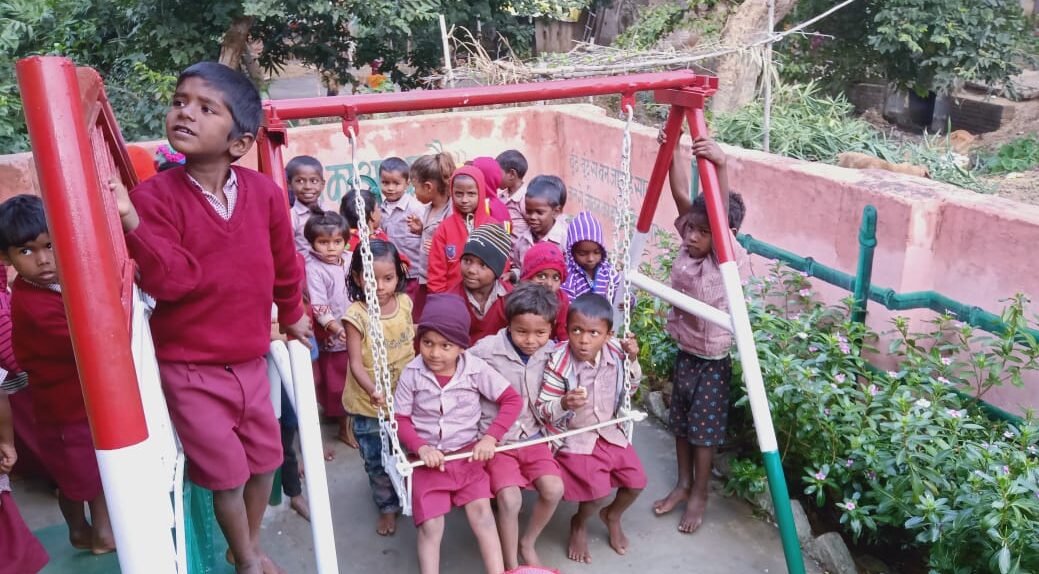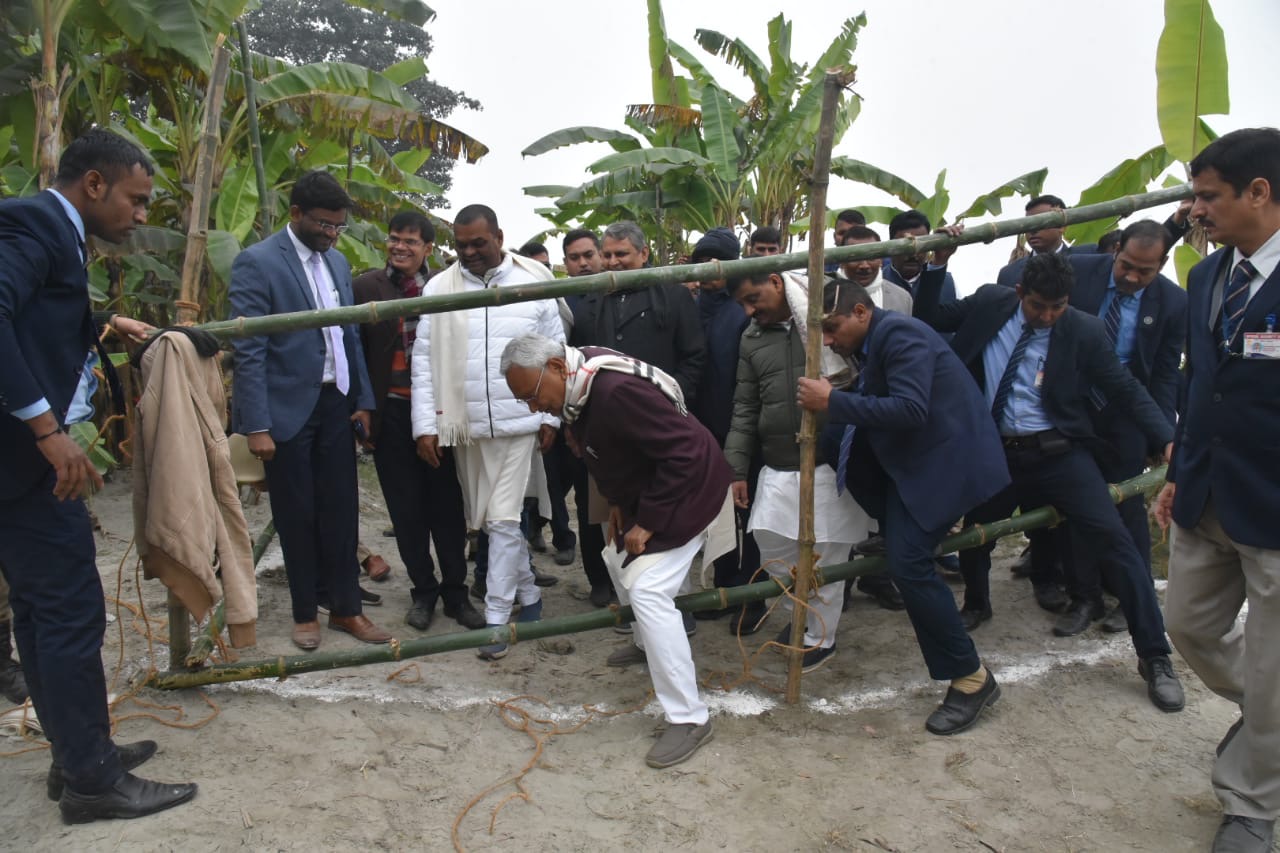Supreme Court refuses to stay caste survey; seeks response from state on data Publication
Bihar Government released findings of its caste survey on October 2

The Supreme Court on Friday refused to restrain the Bihar government from publishing more data from its caste survey, stating that it cannot stop any state from making policy decisions.
A two-judge bench of Justice Sanjiv Khanna and Justice S.V.N. Bhatti issued a formal notice on a batch of pleas challenging the Patna High Court order, dated August 1, which gave the go-ahead for the caste survey in the state.
The top court listed the matter for hearing in January 2024. Rejecting the petitioners’ plea for a complete stay on further publication of data, the top court noted that the state government had already published some data, pre-empting a stay.
“We are not staying anything at this moment. We cannot stop the state government or any government from taking a policy decision. That would be wrong. We will examine the other issue regarding the power of the state government to conduct this exercise,” the bench said.
Appearing for the petitioners, senior advocate Aprajita Singh said there is a breach of privacy in the matter and termed the High Court’s order as wrong.
In reply, the bench said since the name and other identities of any individual have not been published, therefore the argument pertaining to breach of privacy may not be correct.
“The more important issue for consideration of the court is breakdown of data and its availability to the public,” the bench said.
On October 2, the Nitish Kumar-led government in Bihar released findings of its caste survey, months ahead of the 2024 Parliamentary elections.
The data revealed that OBCs and EBCs constitute a whopping 63 per cent of the state’s total population. The data further stated that the state’s total population stood at a little over 13.07 crore, of which Extremely Backward Classes (36 per cent) were the largest social segment followed by Other Backward Classes at 27.13 per cent.
The survey also stated that Yadavs, the OBC group to which Deputy Chief Minister Tejashwi Yadav belongs, were the largest caste in terms of the population, accounting for 14.27 per cent of the total population.
The Scheduled Castes accounted for 19.65 per cent of the total population in the state, also home to nearly 22 lakh (1.68 per cent) belonging to the Scheduled Tribes.
On August 7, the top court had refused to stay the Patna High Court’s order giving the go-ahead for the caste survey, and deferred the hearing on petitions challenging it to August 14.
Besides a plea by NGO ‘Ek Soch Ek Prayas’, several other petitions have been filed including one by a Nalanda-resident, Akhilesh Kumar, who has contended that the notification issued by the state government for the exercise is against the constitutional mandate.
Kumar’s petition states that according to the constitutional mandate, only the Union government is empowered to conduct such a census.
In its 101-page verdict, the High Court said, “We find the action of the state to be perfectly valid, initiated with due competence with the legitimate aim of providing development with justice.”
A day after the High Court held the caste survey as “valid”, the state government had swung into action and suspended all ongoing training programmes for teachers so they can be engaged for early completion of the exercise.
The state government had said on August 25 that the survey has been completed and data will be made public soon. Petitioners had opposed making the data public, contending it will infringe people’s right to privacy.




